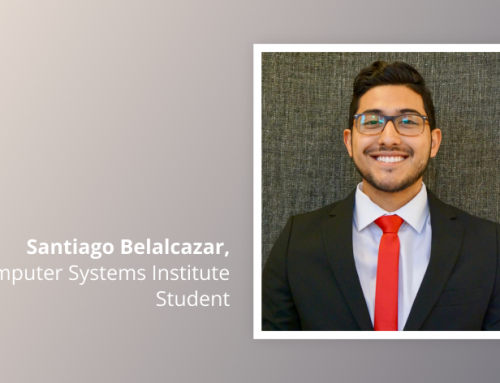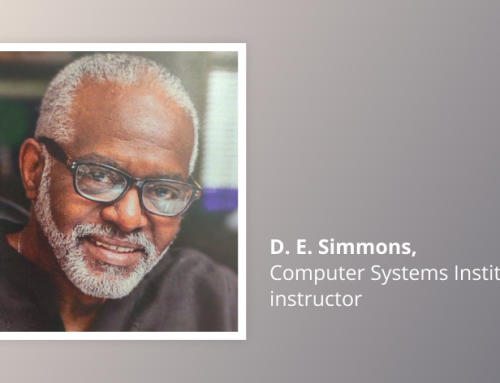Arriving and getting established at a new school is difficult for students of all ages and levels, but it’s even harder for international students. Not only do they have to deal with the trials and tribulations of being in a brand-new academic environment, but they also have to deal with language barriers and cultural differences.
These difficulties can lead some international students to leave their programs early, but it doesn’t have to be that way. If you’re an international student struggling in a new academic environment, here are some tips to help you get off to a better start, and in turn, a better result from your learning experience in the US.
1. Figure Out Campus and Local Geography
One of the best ways to get started is with the campus and city where you will call home for the next year or more of your life. Living off-campus may be challenging, but familiarity can provide a solution. Work out routes before your classes begin. Whether you are using public transportation, rideshare, or even riding a bike, it’s better to get familiar with the timing and routes ahead of time.
2. Work on Your Language Skills Every Day
If you’re in the US, you need good English language skills to succeed academically. It would be best to work on your skills every day: listening, speaking, reading, and writing. All of them are essential but listening and reading may be the most useful. Turn your leisure time into language practice, too, by watching English-language TV shows and movies, listening to podcasts, local radio, and more. The stronger your language skills, the easier it will be to absorb what you’re learning.
3. Take Detailed Notes
See if you are allowed to record the lessons in your classroom. If you’re allowed to do so, it can be a great way to get a record of what your instructors have said so you can listen again to help better understand and create comprehensive, useful, and accurate notes. If recording is?not?an option, you have to listen well and use your class time to write down what your instructors are saying to review again later.
A good way to ensure that you always get good notes is to collaborate with others. Consider working with classmates to take notes on different topics or areas, so you have a better chance to cover more of the lesson. Then swap notes with each other.
4. Make Friends Quickly
If you’re successful in making friends, your academic journey can be even better. The friends you make within your school life abroad become similar to a family when it comes to emotional support. Some may also serve as additional tutors when you need academic help. Make an effort to reach out and connect with your classmates from the beginning so you can build that support network early.
5. Read and Review Every Day
Besides practicing your language skills every day, reviewing recently learned academic material should be a standard part of your daily study routine. Even just a short review time of 20-30 minutes each day will help take the pressure off later and help you grasp the material faster. If you establish this habit early in the semester, you’ll have a better chance of maintaining it.
This is also something that you can do with your new-found friends, as we’ll discuss in the next point.
6. Form a Study Group
People often say that there’s “safety in numbers,” but there is also academic strength in numbers. By pooling your notes, thoughts, ideas, and insights with your friends together, you can create a strong academic launchpad that will benefit all of you.
It’s very common for students in any training program to learn almost as much from each other as they do from their teachers. When there’s something that just doesn’t make sense in your mind, the alternative method of a study buddy explaining it to you may be just what you need for it all to “click” into place.
7. Make Realistic Goals
Many academic starts are made more difficult for international students because they overestimate just how much they can get done. If you tell yourself at the beginning of a semester that you’re going to study for 8 hours every night after class, go to the gym every day, cook healthy meals every day, and master the violin on the side, that is unrealistic. Don’t set yourself up for failure.
Be realistic with your goals, and then build on the ones you achieve. If you try to start at 100mph, you are just going to burn out and give up. It’s better to start with what you know you can do and add to that once you’ve got a good handle on everything.
We hope these tips offer some insight to help all international students succeed academically. But you don’t have to manage it all by yourself. Our Student Support services are here to help. Contact CSI today if you’re looking for a learning institution to call home that provides excellent support from staff and peers!





